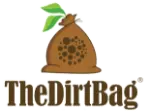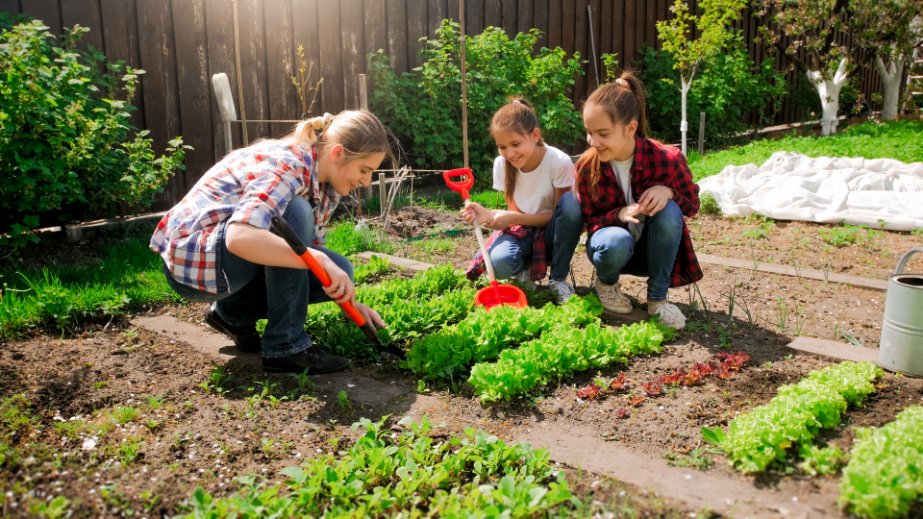


You may be wondering if the pH level of your soil is actually important. Why wouldn’t something just grow if you plant it in the ground, water it well, and make sure it gets enough sun? Well, it’s not always that simple. If you want healthy vegetables, the pH level does matter, and it can be different for different plants.
First, let’s revisit the junior high lesson on the pH scale because we’ve probably forgotten. The scale runs from 0 to 14. Neutral is 7, acidic runs from 0 to 6.9 and alkaline runs from 7.1 to 14. Generally, your vegetable garden wants a pH level of about 6.5. At 6.5 high levels of nutrients are available for the plant to use. These nutrients include calcium, nitrogen, phosphorus, potassium, sulfur, iron, magnesium, manganese, boron, copper, and zinc. If the ground is too acidic, some of these nutrients will be too high and it becomes a toxic environment, minimizing beneficial soil bacteria for your plants to grow strong and nutrient rich. Some plants and trees do like more acidic soils, but not most items in your vegetable garden.
If you’re new to gardening or it’s been several years since you’ve checked your soil levels, it’s a good idea to get it tested. One option for this service is through Utah State University’s testing services for a small fee. You can also bring your questions to us to help you determine the best approach for your gardening project.
Acidic soils can be amended with lime, which will help to raise the pH and bring it to a more alkaline state. Be aware there are different liming materials. You’ll need to know if you need dolomitic lime, which is used if you have a magnesium deficiency, or calcitic lime, which is used if you have too much magnesium. For acid lovers, such as blueberries or evergreens, sulfur or aluminum sulfate can help lower the pH into a more acidic range. Aluminum sulfate tends to work more quickly but has the potential to burn plant roots. Sulfur takes a little longer to work so it’s best to apply this product in the spring. Because of this, however, it’s gentler on plants and doesn’t have the risk of burning roots.
Remember, the only way to truly know the pH level of your soil is through adequate testing. It’s not a good idea to simply throw additives into the soil and hope for the best. Too much of something can shift everything too far on the scale and create a new host of issues. For the healthiest vegetable gardens, provide the care it needs by testing about every four to five years.
Soils are often depleted here in Utah and boosting organic materials and healthy microbes will provide many beneficial nutrients for our vegetables (and any other plant) to grow properly. The Dirt Bag’s knowledgeable professionals understand Utah’s native soils and can help your garden of any size thrive. Bring any question to us, we’re happy to help.